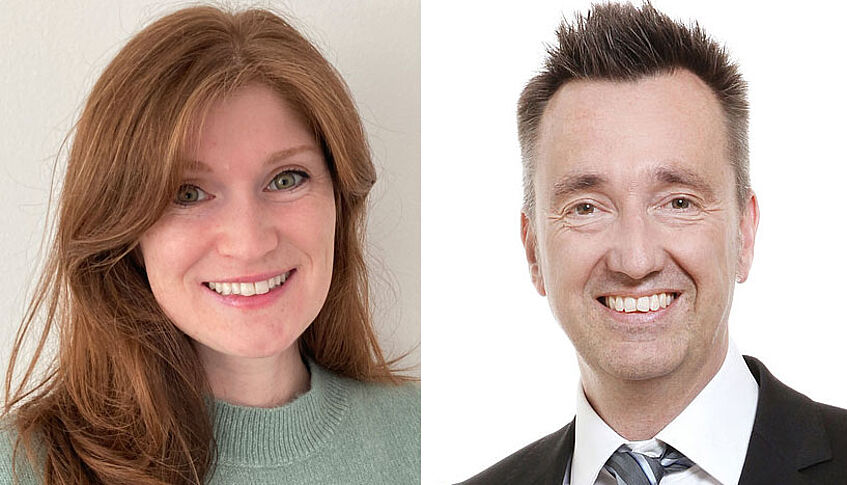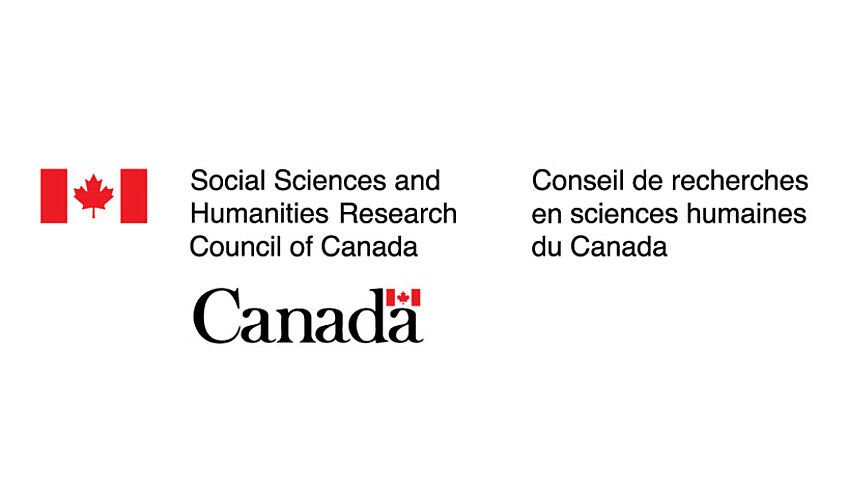

Project: "The role of body stereotypes (warmth and competence) on consumer perceptions".
Project team Vienna: Amanda (Baker) Nadler and Arnd Florack - Department of Occupational, Economic, and Social Psychology.
This project received funding from the Social Sciences and Humanities Research Council (SSHRC, Canada).
Goal of the project: The goal is to uncover the stereotype content associated with men varying in body size and muscularity and apply this knowledge to understand whether consumers’ evoked stereotypes spill over onto the judgments of brands and products.
Why is this important and useful? The project examines whether male models or influencers with ideal body size and muscularity are preferred to accomplish objectives of marketing like building trust and influencing purchase intentions, or whether, for example, plus size models can also have positive effects.
Abstract: Researchers have extensively studied how models affect purchase intentions and trust. However, past research has not considered that models can evoke ambivalent stereotypes. For example, it is conceivable that a model with an ideal body conjures the belief that attractive individuals are smart, yet such individuals can have negative attitudes towards individuals with a more average body. The effects of such stereotypes on marketing outcomes are unclear. Moreover, there is a research bias fixating on the study of female models, while the effects of male models have only been studied more recently. With the rising goal for inclusivity in marketing, the objective of the project is to understand effects of stereotypes evoked by male models on marketing relevant outcomes.
Explanation - easy to understand: Body size and weight stereotypes manifest in different contexts. With the recent movement for inclusivity in marketing, it is especially important to understand how male models and influencers activate different body size stereotypes and biases. We also want to understand whether the effects of such body size stereotypes have an impact on the perceptions and feelings of accompanying brands. So, in this research project we study the stereotypes that are triggered by different sized male models or influencers and assess whether body sizes that diverge from ideal effect brand perceptions in a positive way.
